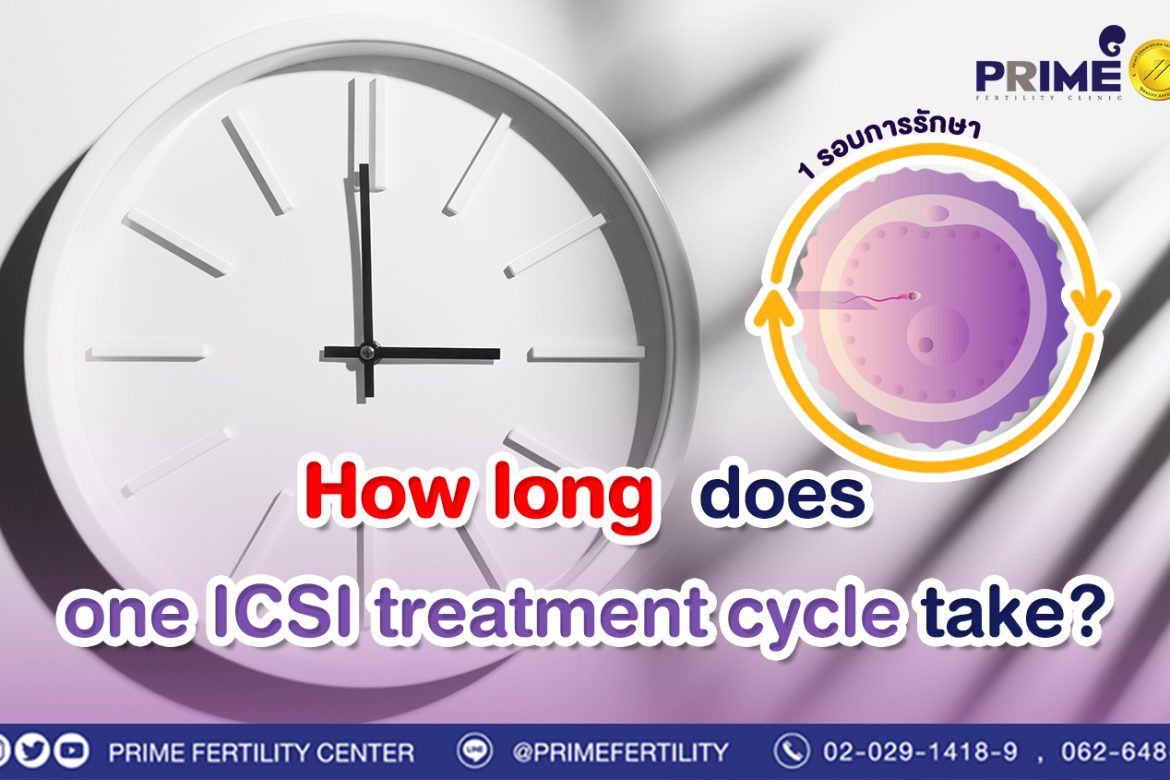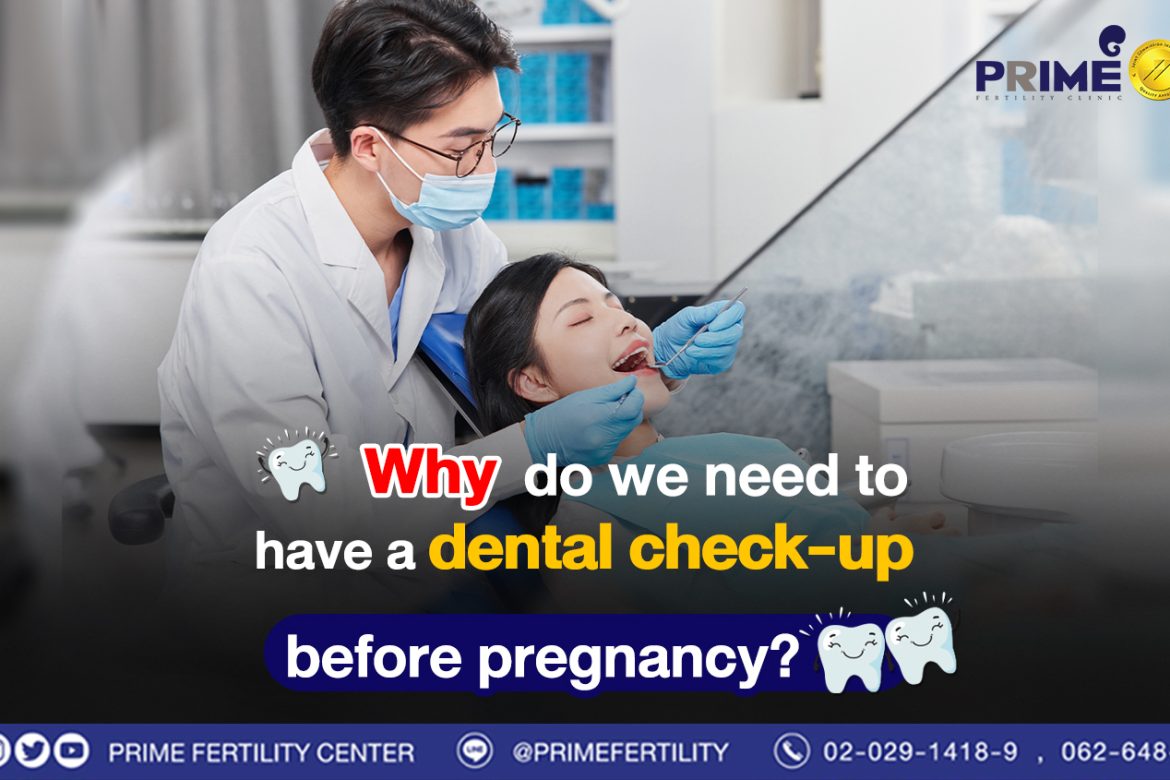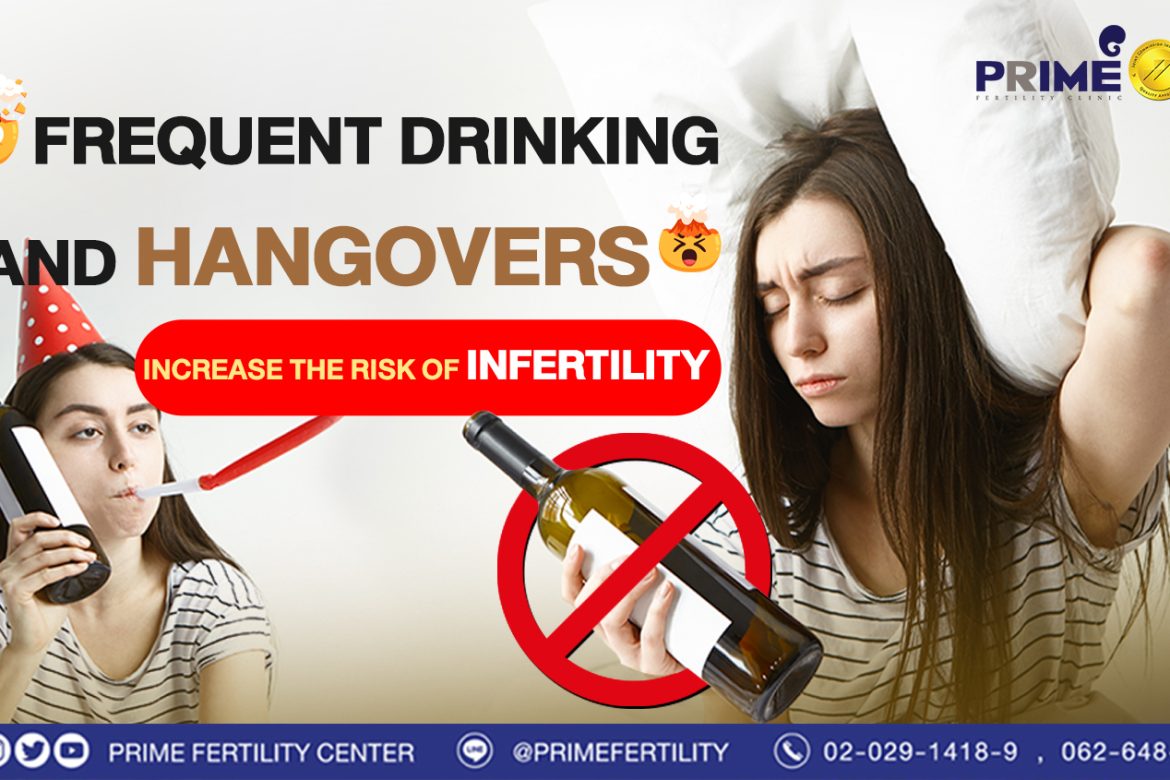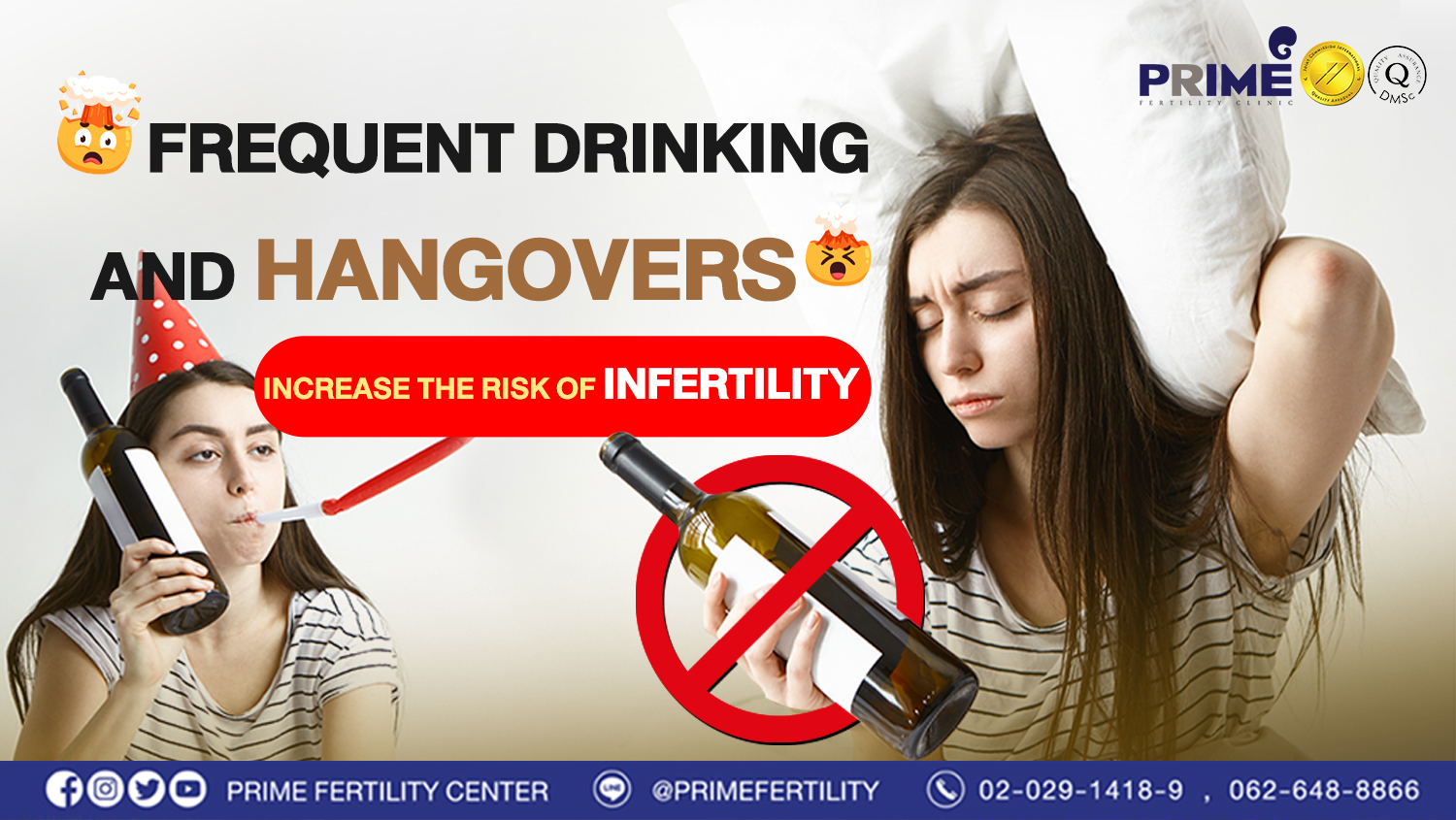How long does one ICSI treatment cycle take?

Time goes by and never waits for anyone. We believe that many families who are facing pregnancy difficulty are probably quite worried and wasting time trying to have a child for a long time. When deciding to consult a doctor for ICSI, some may think hard about how long it would take. How much longer do you have to wait? Today, we have summarized it for you.
But we must say first that the treatment period for each case **is not the same**. The time period that we have brought up here is the treatment period for 1 treatment cycle of ICSI only.
The steps for doing ICSI are as follows:
- Consult a doctor: Both men and women will receive physical examinations to plan the treatment.
- Ovarian stimulation: Women will receive hormone injections to stimulate their ovaries so that they can ovulate several eggs at the same time for approximately 9-14 days (depending on the response of the drug in each individual).
- Egg-Sperm retrieval: When the time is due, the doctor will retrieve an egg through the woman’s vagina and collect the man’s sperm at the same appointment day.
- ICSI: Once you have eggs and sperm, the scientist will select the strongest sperm and use a needle to inject that sperm into the egg for fertilization.
- Embryo culture: The scientist will take the fertilized egg and culture them in the laboratory for approximately 2-6 days (depending on the quality of each person’s embryo) until the embryo becomes strong.
- Embryo chromosome check: Some cells will be extracted from the embryo (biopsy) to be tested for genetic diseases. **This procedure can only be used with frozen embryo transfer. Because the test may take approximately 14 days**
- Endometrial preparation: Prepare the endometrium for embryo transfer using medication for approximately 2 weeks (depending on each person’s response to the medication). If the endometrium is ready, an appointment can be made to transfer the embryo.
- Embryo transfer: There are 2 methods to choose as follows:
- Fresh embryo transfer: It is an embryo transfer in the cycle of ovarian stimulation and egg retrieval, so the embryos are not frozen and there will be no preparation of endometrium.
- Frozen embryo transfer: It is an embryo transfer after the endometrium is prepared. By thawing the frozen embryo and transferring it into the prepared endometrium.
- Pregnancy test: About 2 weeks after the embryo transfer, the doctor will make an appointment for pregnancy test by blood drawing.
Overall, it takes time from consulting with the doctor, preparing the treatment process, as well as transferring the embryo around 2-3 months. After that, the doctor will make a follow-up appointment until the baby’s heart can be seen at the period of 10-12 weeks, thus confirming that the pregnancy is successful. Therefore, anyone who is planning a treatment can take it into consideration.
——————————————–
Prime Fertility Center, we not only provide infertility treatment services but what we aim and consistently develop is customer service with care, being ready to provide consultation, taking care and paying attention to every emotion like a family member. As we well understand the feeling, pressure, and stress of those who are unable to have babies. So, we aim to deliver warmth and offer full services to facilitate our patients. We work with the determination and attention of our specialized doctor, embryologists, and skillful staff in taking care of the patients and providing a comprehensive counseling service.
Should you be interested in getting fertility consultation, please contact us. | ICSI Bangkok | ICSI Thailand | fertility clinic bangkok
Tel. : 062-648-6688 / 062-648-8866 / 02-029-1418–9
Line : @primefertility
Facebook : Prime Fertility Center
E-mail : info@primefertilitycenter.com
Working Hours
- Open: Monday – Wednesday, Friday and Saturday
Time: 08:00 – 16:00 - Closed: Thursday, Sunday and Public Holidays




